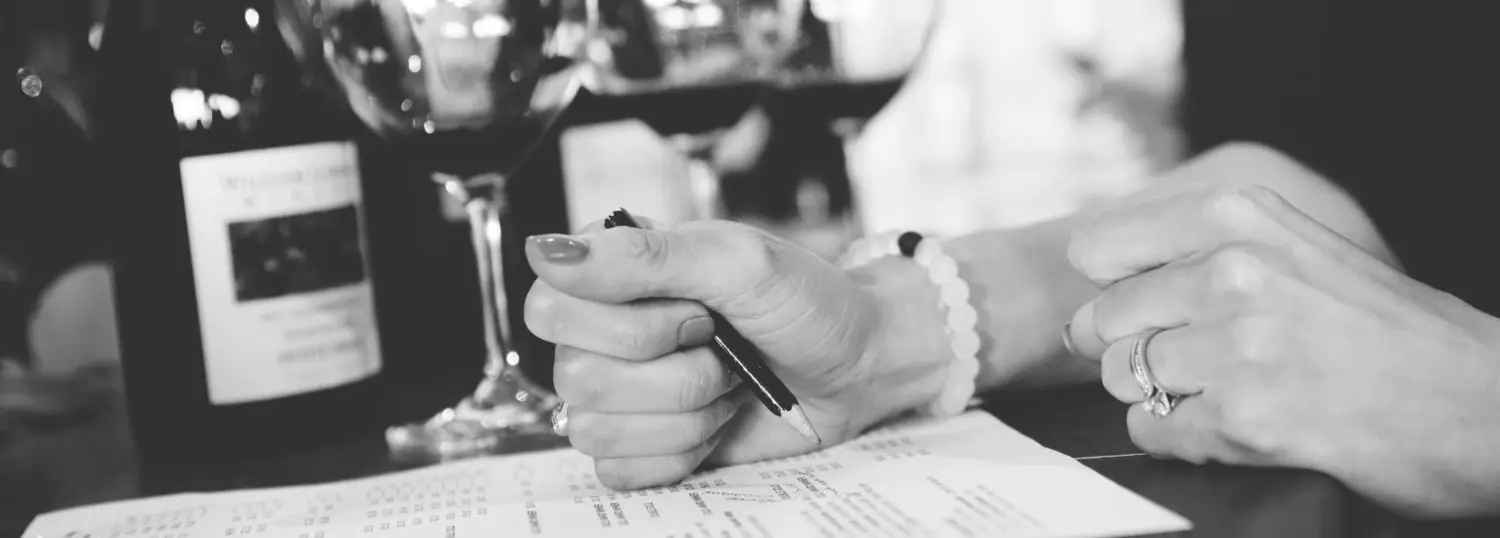After Alsace, the Rhone Valley is probably my next favorite French wine region. The diversity in terrain, climate, and soils, makes for a whole host of grape varieties and wine styles. Much modern winemaking in my home state of California takes its literal and figurative roots from the Rhone, so the history, along with comparative tastings, are of particular interest to me.
Today, we start with an overview of the Rhone Valley. A lot will focus on signature grape varieties of both the Northern and Southern Rhone, as well as some key terms and facts that will help us moving forward. Because my text doesn’t go into the winemaking history of the region, I’m not going to cover that in detail during this series, though I may drop an interesting anecdote here and there if it is relevant to the material being discussed. If interested, The Oxford Companion to Wine (Fourth Edition), does have a good historical synopsis. And if you’re interested in the California-French Rhone connection, I highly recommend American Rhone: How Maverick Winemakers Changed the Way Americans Drink by Patrick J. Comiskey.

Alright, let’s get started.




